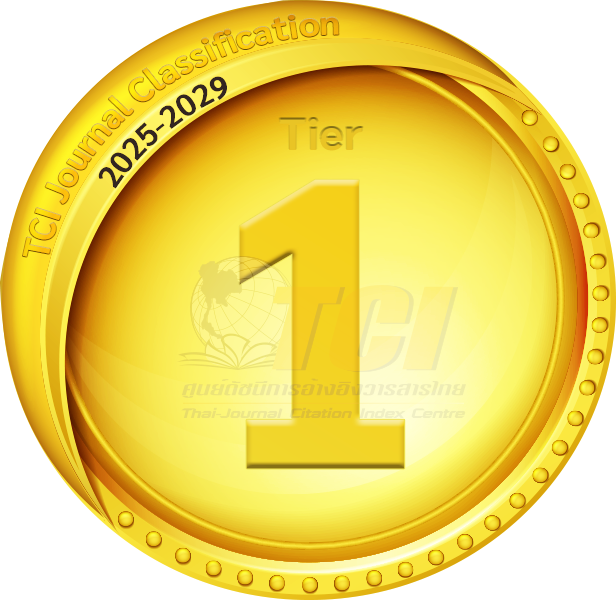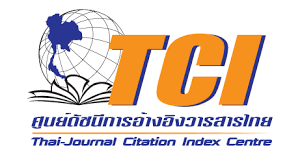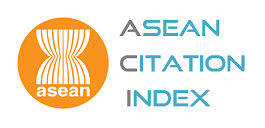Pathways to Greater Success for Adolescent Learners of English as a Second Language
Abstract
Received 11 December 2018 / Revised 28 January 2019 / Accepted in final form 19 March 2019 / Publish Online 8 June 2019
Abstract
This review article describes approaches that teachers may find useful in teaching adolescent second language learners. It is argued that adolescents are a special group due to development challenges such as physical, emotional and behavioural changes. What instructional approaches are recommended by second language learning specialists? What on-line resources are available for teachers who decide to add one or more of the approaches presented in this article? The author reviewed the academic publications of four groups of international providers of resources for teachers of English as a second language. They were (1) the British Council, Cambridge International Education, Oxford Education, Harvard Education, and the Centre for Language Studies of the National University of Singapore, (2) specialised journals, including the Asian English Language Journal and The Reading Teacher, (3) publishers of educational learning materials, and (4) on-line support sites such as Lexia Learning, ESOL Courses, Extensive Reading Foundation, and Fluent U. The review focused on teaching approaches specific to modern-day adolescent learners of English as a second language. In deciding which of the approaches for inclusion in this review article, two criteria were used: (1) approaches that were relevant to adolescents already familiar with computers and the Internet, and (2) approaches that were relevant to adolescents world-wide – not limited to learners in particular countries or regions. Seven approaches, in the opinion of the author, met these criteria. They are: i) decoding skills; ii) learning English through songs; iii) learning English through Interactive On-line Lessons and Quizzes; iv) Extensive Reading (ER) Programme, including a list of graded readers; v) Dictation; vi) Structured Oral Presentations; and vii) a Topic-based Curriculum. This review article concludes by observing that adolescents whose first language is not English, and who complete their secondary school education without attaining at least minimum skills in English, will be seriously disadvantaged, not only in their personal lives, but in future career opportunities. The Appendix provides information about ‘graded readers’ for those who are unfamiliar with this resource for teachers of English as a second language.
Keywords: adolescent learners, decoding skills, extensive reading, graded readers, topic-based curriculum
DOI: 10.14456/rjsh.2019.9

Indexed in


Search